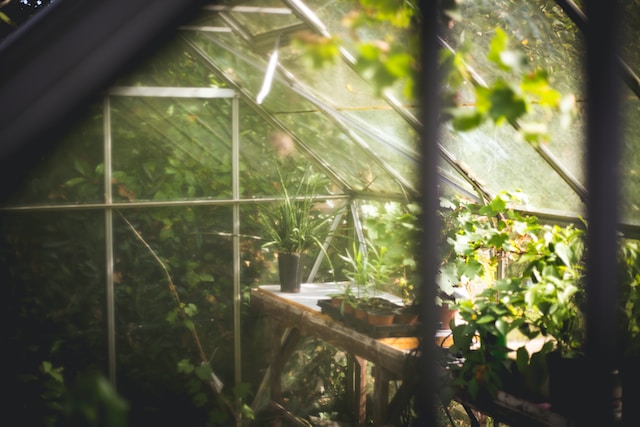10 Steps to Gardening for Beginners
People have been gardening for as long as the world is. Plants, vegetables, herbs, or flowers growing in your backyard or a preferred location is a sight to behold. It is not also surprising that many people even try to cut costs on fruits and vegetables by growing theirs. Unfortunately, there is the passion and the part to get started.
There is no specific way to start a garden, but there are certain steps to follow to be successful at it, including spending money, time, and resources. We reached out to Kara Johnson, the finance expert at PaydayBears, who spoke about the availability of cash advance payment loans to people interested in various projects, like gardening. She mentioned that their organization offers a fast and reliable loan procedure and doesn’t necessarily require a good credit score.
Are you ready to harvest your own homegrown fruits and vegetables? Then, it would be best if you listened to what experts say in this article.
See here for 10 steps to gardening for beginners.
Outline What to Grow
The first step to running a successful garden is to know what to grow. You don’t just plant anything – you have to be specific. Your plant selection depends on what you can handle and the resources available. However, you should focus on fruits, herbs, and vegetables you and your family love.
Find a Good Site
Once you’ve outlined what to grow, you should consider where to set your garden. Usually, most people set up their gardens in the backyard, out of reach of children and pets. However, that is not the general rule of thumb – you can set it somewhere else as long as it is accessible and convenient.
Get Good Tools and Equipment
You cannot start a garden without investing in the appropriate tools and equipment. Depending on what you’ve decided to grow, you will need many of them. However, some general basic tools are garden hoes, rakes, shovels, water can, and other hand equipment. You should avoid buying cheap tools.
Consider Sunlight and Water System
While setting up your garden, you should also remember two important factors – sunlight and water. Your plants need both for growth and survival. So, you should consider somewhere with enough sunlight – up to 6 hours. And if you have a water system close by, it would be a good idea.
Test and Build Soil
Just before building garden beds, ensure to verify the soil type. Every plant has a specific soil type they can survive on. Therefore, you should test for the soil pH – to determine whether it is neutral, alkaline, or acidic. You could also build the soil, enriching it with certain materials to improve fertility.
Get Seeds
You can get your seeds as soon as your soil becomes ready in the garden. You can buy seeds from reliable farmers’ markets or collect them from fruits or vegetables. Alternatively, you can transplant if the seeds are already in the nursery. You should be careful with the process.
Follow Recommended Planting Procedures
As a beginner, you must learn about your plants and the planting procedures. They vary from each other, and you should be updated about every necessary information. If a method regarding a vegetable or fruit has been recommended, you should follow it strictly because it could contribute to the plant’s survival.
Keep Garden Clean
Cleanliness is important when building a garden. You don’t want anything interfering with the growth of your vegetables and leading to their deaths. So, every now and then, you should clear the weeds and remove growth-limiting agents.
Feed Your Plant
Apart from sunlight and water, your plant needs to be fed. Regularly feed your plant with growth-facilitating fertilizers or plant food to improve quality. You can check out expert-recommended plant food options available.
Harvest
The final step is harvesting your vegetables, fruits, or herbs when necessary. The joy of running a garden is having a good harvest at the end.
If need be, you could extend the size of your garden with more demand for these plants.
